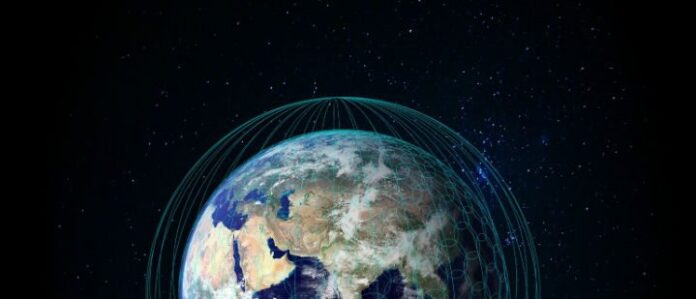Virgin Galactic, Qualcomm, Elon Musk in the mix
In the past week, OneWeb, with support from the Virgin Group and chipmaker Qualcomm, and tech entrepreneur Elon Musk have announced plans to launch constellations capable of bringing high-speed satellite Internet connectivity to the more than 3 billion people without access to service.
OneWeb is the brainchild of Greg Wyler, and Richard Branson’s Virgin Galactic is poised to provide the launch capabilities needed to put the planned 648 satellites into low-Earth orbit.
http://youtu.be/xAdV9fqllRk
Similarly Elon Musk, whose credits include PayPal and Tesla among others, also announced an unnamed plan to use his SpaceX private launching company to effect a similar satellite Internet plan.
Wyler estimates the cost of his project at $1.5 billion to $2 billion, according to a report in The Wall Street Journal.
“OneWeb is designing a global communications infrastructure that will enable affordable Internet access to the world’s underserved populations,” Wyler said in a statement. “With the spectrum and the technology, coupled with strong partners, we look forward to advancing global connectivity.”
According to the statement, OneWeb plans to provide customers with easily installed satellite Internet terminals that act as small cells that will use Wi-Fi, LTE, 3G or 2G to connect to a local carrier’s licensed spectrum. If that use-case isn’t possible, the connection would run on LTE or Wi-Fi on unlicensed spectrum.
Branson described Wyler as having a “bold vision.”
“Imagine the possibilities for the 3 billion people in hard-to-reach areas who are currently not connected,” Branson explained. “We’re excited for the opportunity for Virgin Galactic’s LauncherOne program to help make it possible through low-cost, reliable and frequent satellite launches. Improving access to education, health care, financial systems and employment will take a revolution, one that we are tremendously proud to be part of.”
Qualcomm Executive Chairman Paul Jacobs said: “We have a shared vision to bring connectivity to underserved areas around the world. We are pleased to join Virgin as an initial investor and we look forward to helping fund initial technical feasibility work for the satellite system.”
In addition to not releasing a formal name for his project, Musk hasn’t released many details. He broached the project last week at the opening of a new SpaceX office in Seattle.
“Our focus is on creating a global communications system that would be larger than anything that has been talked about to date,” Musk told Bloomberg Businessweek.
“The speed of light is 40% faster in the vacuum of space than it is for fiber,” Musk is quoted as saying. “The long-term potential is to be the primary means of long-distance Internet traffic and to serve people in sparsely populated areas.”

